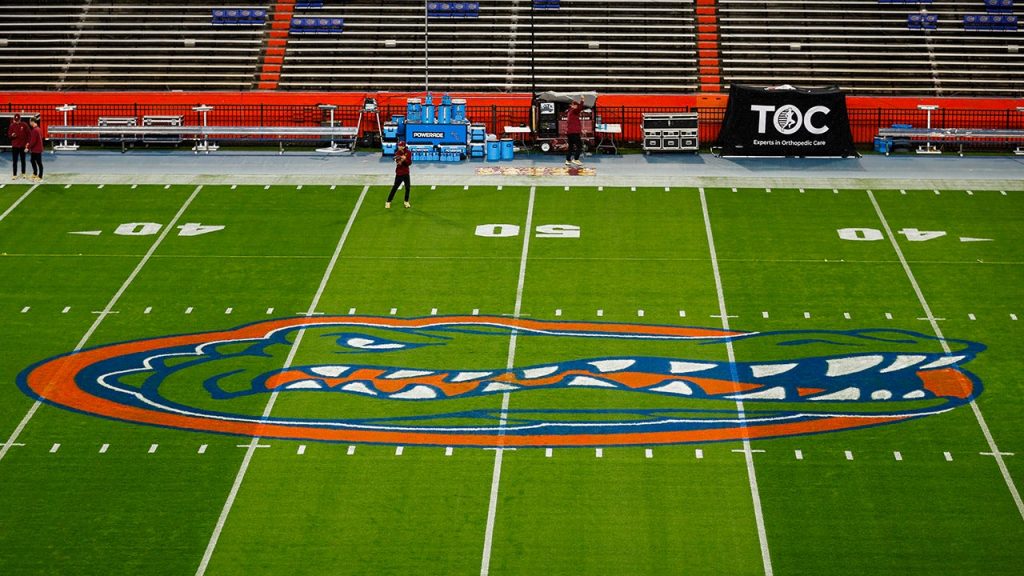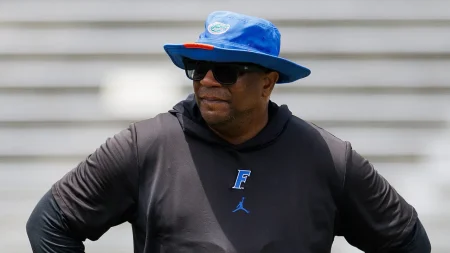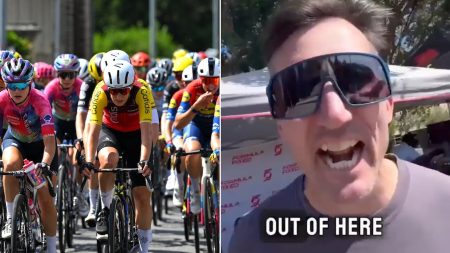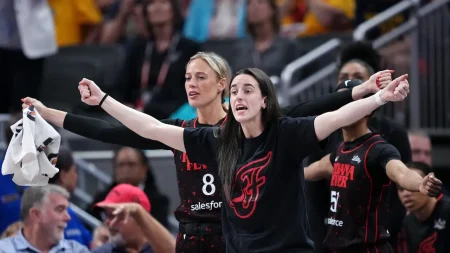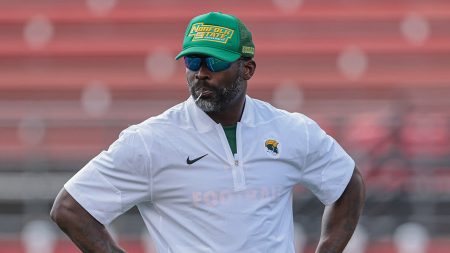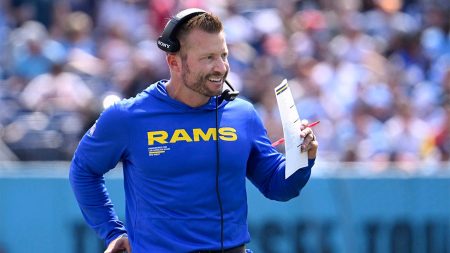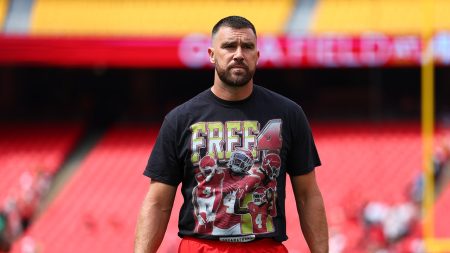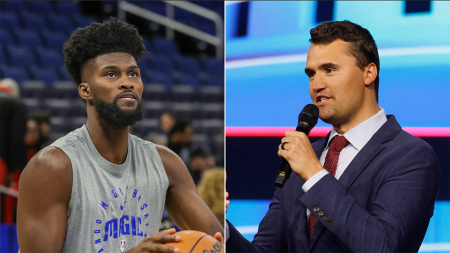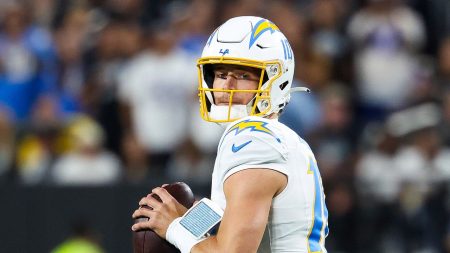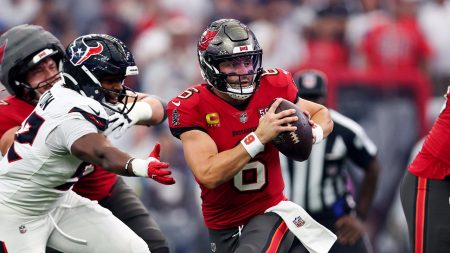A rising freshman football player at Florida, Michai Boireau, spent three days in jail after getting into a high-speed chase with police in Monroe County, Georgia. Boireau was pulled over for speeding at 86 mph on Interstate 75, but he turned off his lights and sped up to 150 mph to evade the police. Eventually, he was caught and found to have marijuana in his car, leading to him being charged with several offenses including fleeing or attempting to elude a police officer, obstruction of law enforcement officers, and reckless driving. This incident came after Boireau had enrolled at Florida in January and chose the Gators over Georgia, where he had previously committed but uncommitted before ultimately sticking with his initial choice.
Boireau is a three-star recruit who attended Creekside High School in Hampton, Georgia. He had also considered other schools like Georgia Tech and Maryland before ultimately committing to Florida. However, his time as a rising star in the football world took a hit after his arrest, making headlines as the second Florida player to be arrested in the same week after wide receiver Brian Green Jr. was also arrested for first-degree battery. Boireau’s future with the Gators and in football overall is now uncertain as he faces the consequences of his actions.
The incident involving Boireau sheds light on the potential pitfalls that young athletes may face as they navigate the world of college sports. The pressures of competition and the spotlight, along with the temptations that come with newfound fame and success, can sometimes lead to poor decisions that have long-lasting consequences. Boireau’s situation serves as a reminder that success on the field does not exempt athletes from the rules and responsibilities that come with it, and that their actions can have serious repercussions on their careers and personal lives.
Boireau’s arrest also underscores the ongoing challenges that college sports programs face in managing the behavior of their athletes. While the majority of student-athletes conduct themselves responsibly and represent their schools with pride, incidents like this can tarnish the reputation of a program and its players. Coaches and administrators must work diligently to instill values of integrity and accountability in their athletes, and to address incidents of misconduct swiftly and decisively to uphold the standards of their institution.
As Boireau navigates the aftermath of his arrest and the impact it may have on his future, there is an opportunity for him to learn from his mistakes and take responsibility for his actions. He will need to demonstrate genuine remorse, a commitment to change, and a willingness to make amends in order to move forward from this incident. In the competitive world of college sports, where second chances are often hard to come by, Boireau will need to show that he has learned from this experience and is ready to mature and grow as both an athlete and a person.
Moving forward, Boireau’s story serves as a cautionary tale for young athletes everywhere about the importance of making smart choices and staying true to their values. While the pressures and temptations of sports can be intense, it is ultimately up to each individual to decide what kind of person they want to be and what kind of legacy they want to leave behind. By learning from the mistakes of others and taking responsibility for their own actions, athletes can ensure that they are setting themselves up for success both on and off the field.




